If you’re fortunate enough to own land in Alabama, but you’re not sure what, if any, licenses you need to hunt there, you’ve come to the right place. State hunting regulations can be complicated and confusing, but this article should clear up any confusion and get you outdoors legally hunting your property in no time.
If you still have questions after reading this, feel free to drop them in the comments, and I’ll do my best to answer them for you.
Do I need a hunting license to hunt on my own land in Alabama?
The short answer is no, you do not! Alabama residents with an Alabama driver’s license, or other proof of residency, can hunt on their own property without a hunting license.
Resident Alabama Landowners
Resident landowners DO need the free Harvest Record when hunting deer or turkey, and a free Migratory Bird Harvest Information Program (HIP) certification if hunting doves, ducks or geese. Duck and goose hunters would still need to purchase the federal duck stamp.
It’s worth noting that any deer or turkey killed by a landowner on their own property still must be recorded on your Alabama Harvest Record and checked in through the Alabama Game Check system. That can be done through the official Alabama Outdoors app or by calling 1-800-888-7690.
Resident landowners 16 years of age and older born after August 1, 1977, must still complete an approved Alabama hunter education course.
Nonresident Alabama Landowners
If you are a nonresident who owns land in Alabama, then you ARE required to purchase a nonresident hunting license, as well as any other necessary non-resident permits. Basically, there are no special privileges for those owning land in Alabama who don’t reside in the state.
Do my family members need a license to hunt my land in Alabama?
The answer to that question is a little more complicated. If they are immediate family, as defined by regulation 220-2-.160 (more on that below), and residents of Alabama, then they DO NOT need a hunting license. They fall under the same requirements as the resident landowner.
If they are not Alabama residents, then your family members will need a nonresident hunting license and any other necessary permits just as you do.
Regulation 220-2-.160
Alabama defines immediate family as a spouse, parents, children, or siblings.
Can I hunt year-round on my own property in Alabama?
No. Landowners must still abide by Alabama’s hunting season dates and bag limits. All deer and turkey harvested by a landowner on their own property must still be recorded on the hunter’s Harvest Record and checked in through Alabama’s Game Check system.
There are situations where a landowner raising agricultural crops for profit can take deer out-of-season if they are causing damage to those crops, but they must first contact the Alabama Department of Conservation and Natural Resources to obtain a Wildlife Damage Permit.
How many acres do I need to legally hunt in Alabama?
Alabama law does not specify a minimum acreage to be able to hunt. Technically you could hunt on a 1/2-acre lot. However, wherever you hunt, you have to be able to do so in a safe manner. That means not shooting in the direction of roads or other houses. Some cities and counties may also have regulations regarding the discharge of firearms. So you’ll want to make sure you are aware of any local rules that may be in place before hunting on your property.
Can I shoot deer at night on my own property in Alabama?
No. It is illegal to shoot deer outside of legal shooting hours in Alabama. Legal shooting hours are one-half hour before sunrise until one-half hour after sunset.
Summary
I hope this article clears up any questions you had on hunting on your own land in Alabama. If not, feel free to drop your unanswered questions in the comments section below. We may end up adding them to the article for others who may have that same question in mind. Be safe out there, and I hope you have a great hunting season!

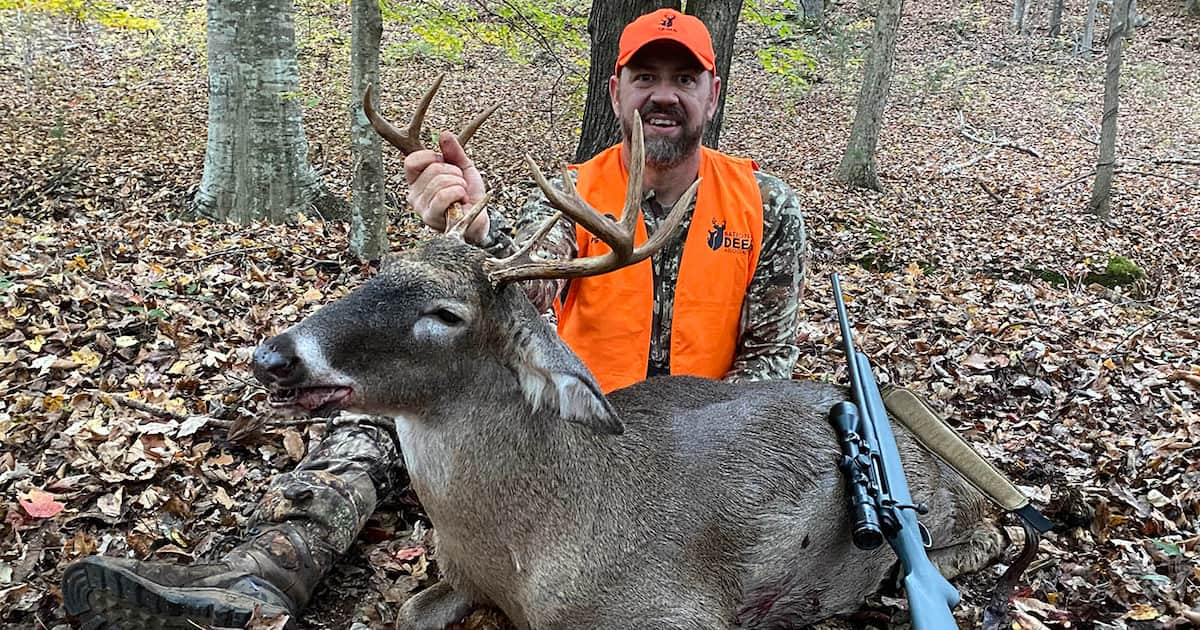
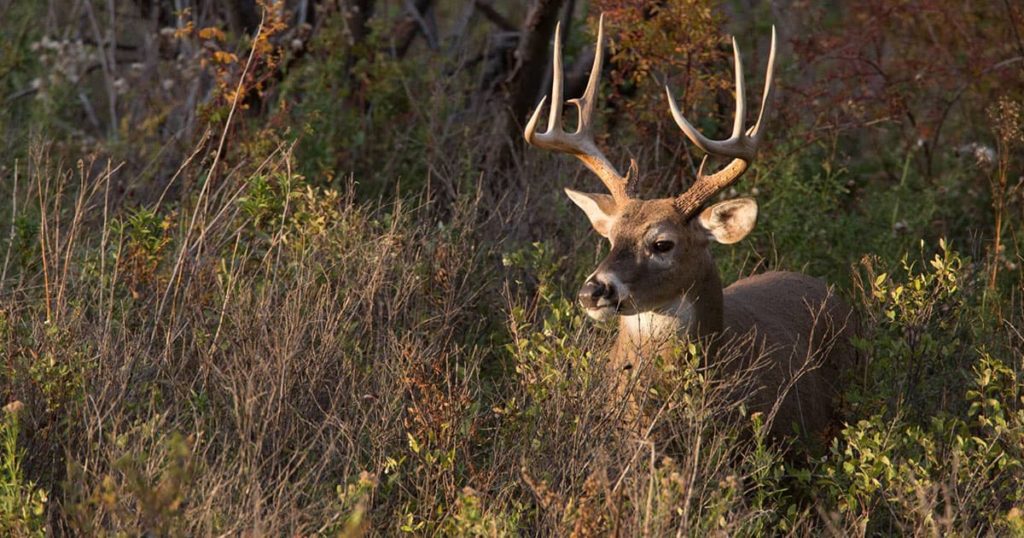
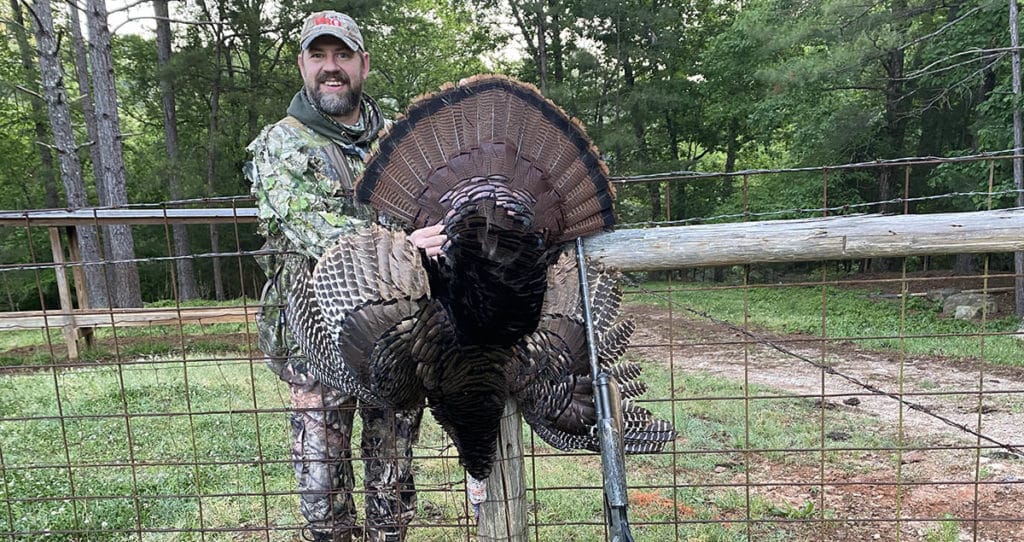
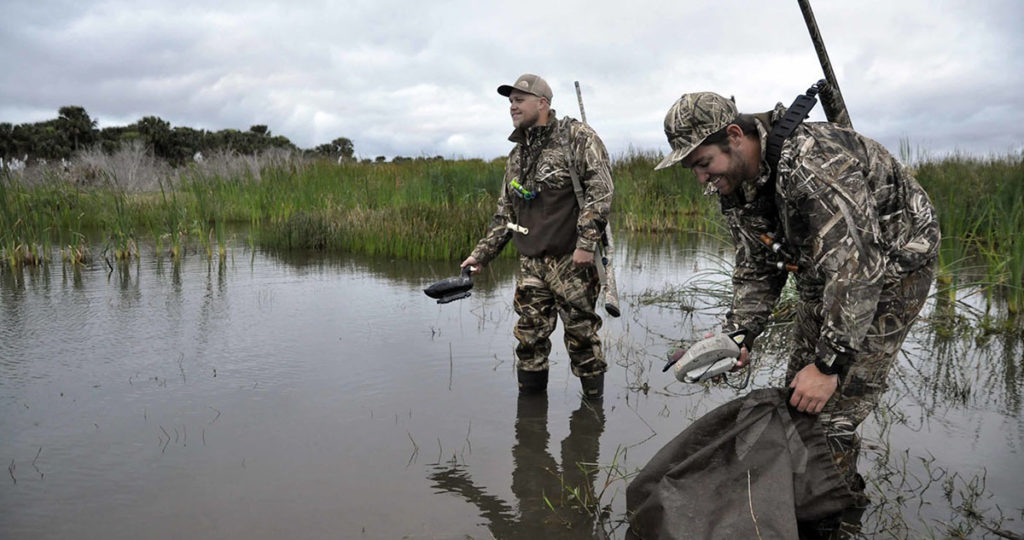
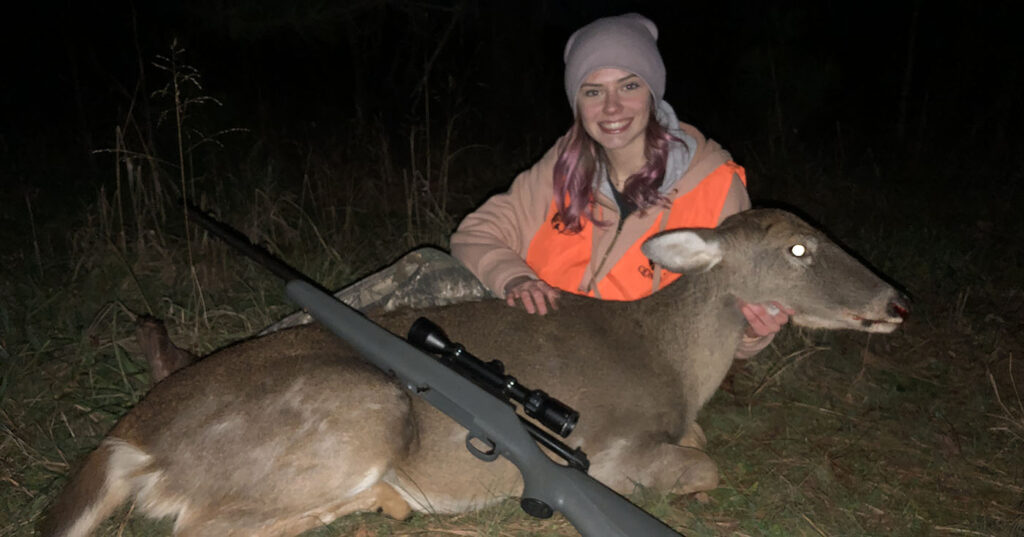
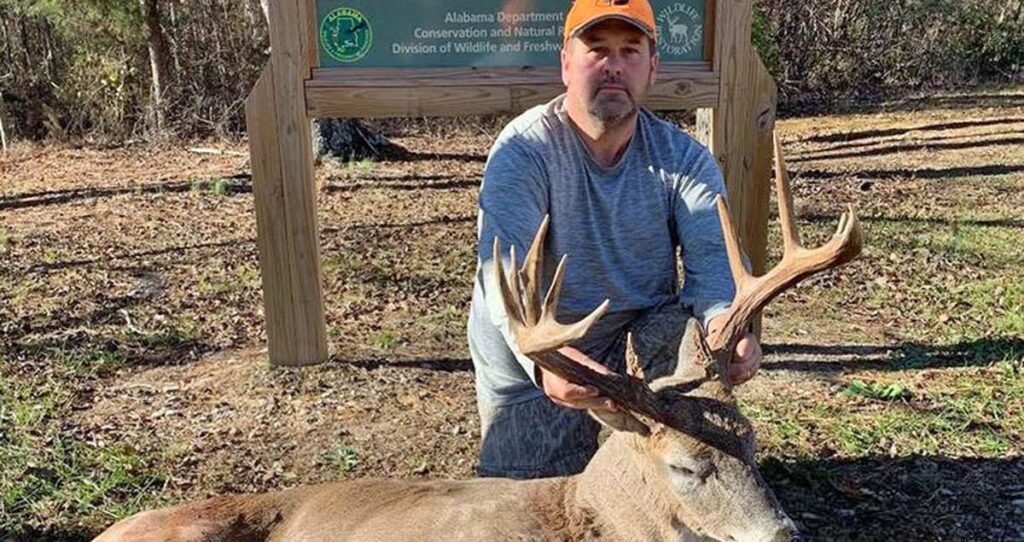
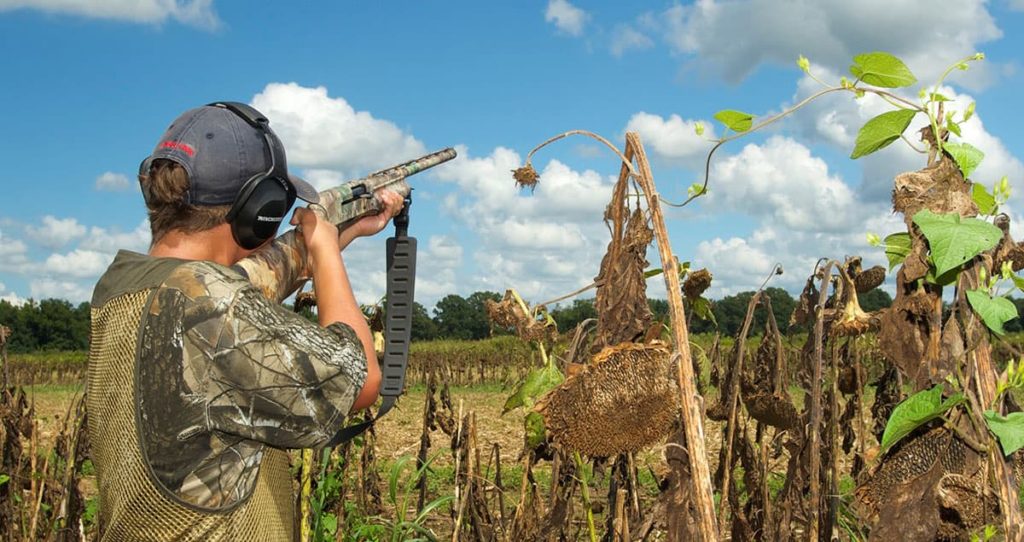
Can AL residents legally hunt deer with a rifle during bow season on their own private land?
Related to hunting on family owed land. Do son-in-laws and grandchildren fall into the immediate family exemption?